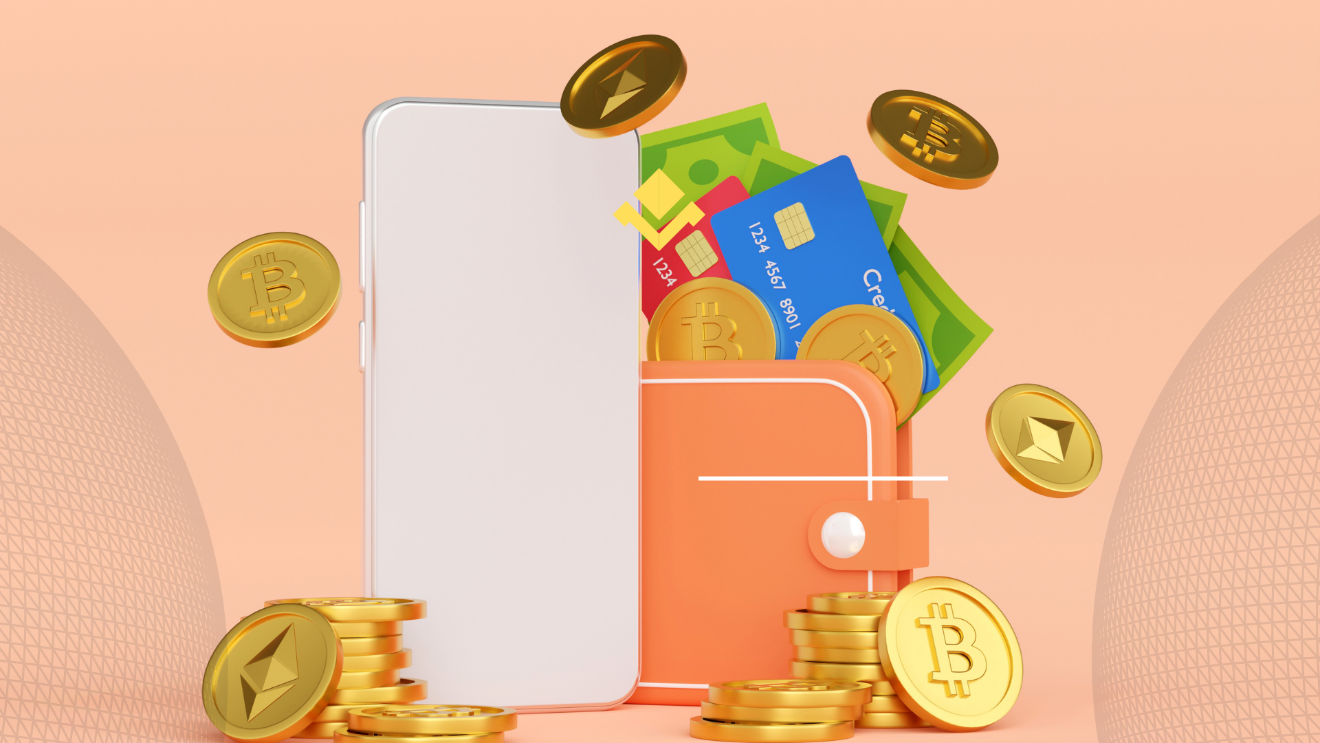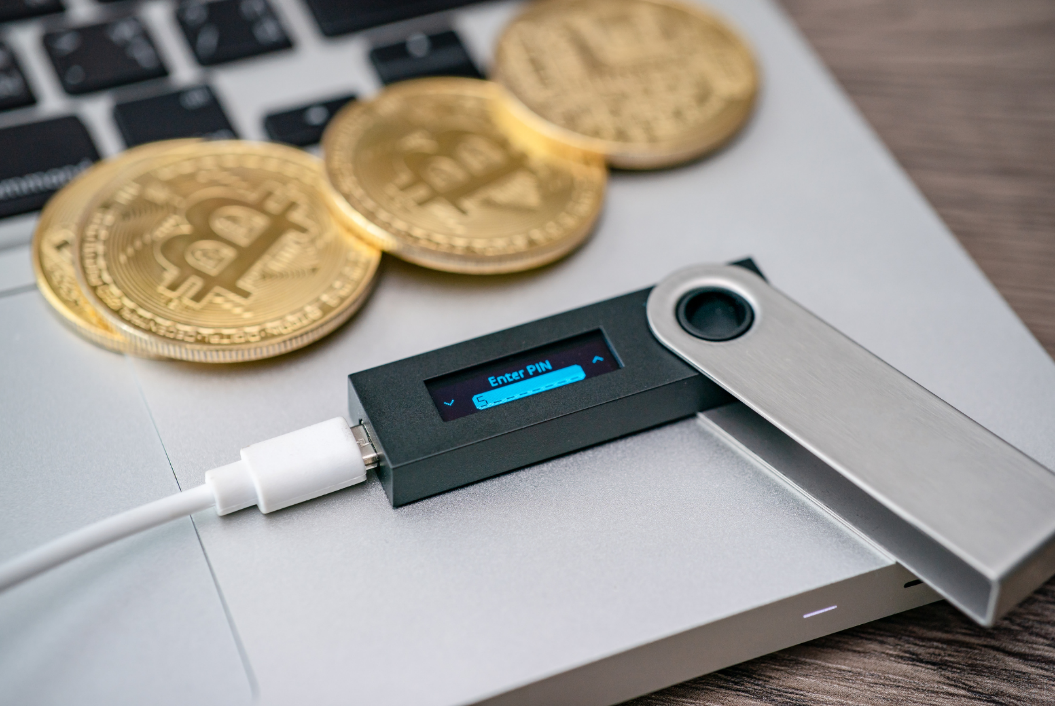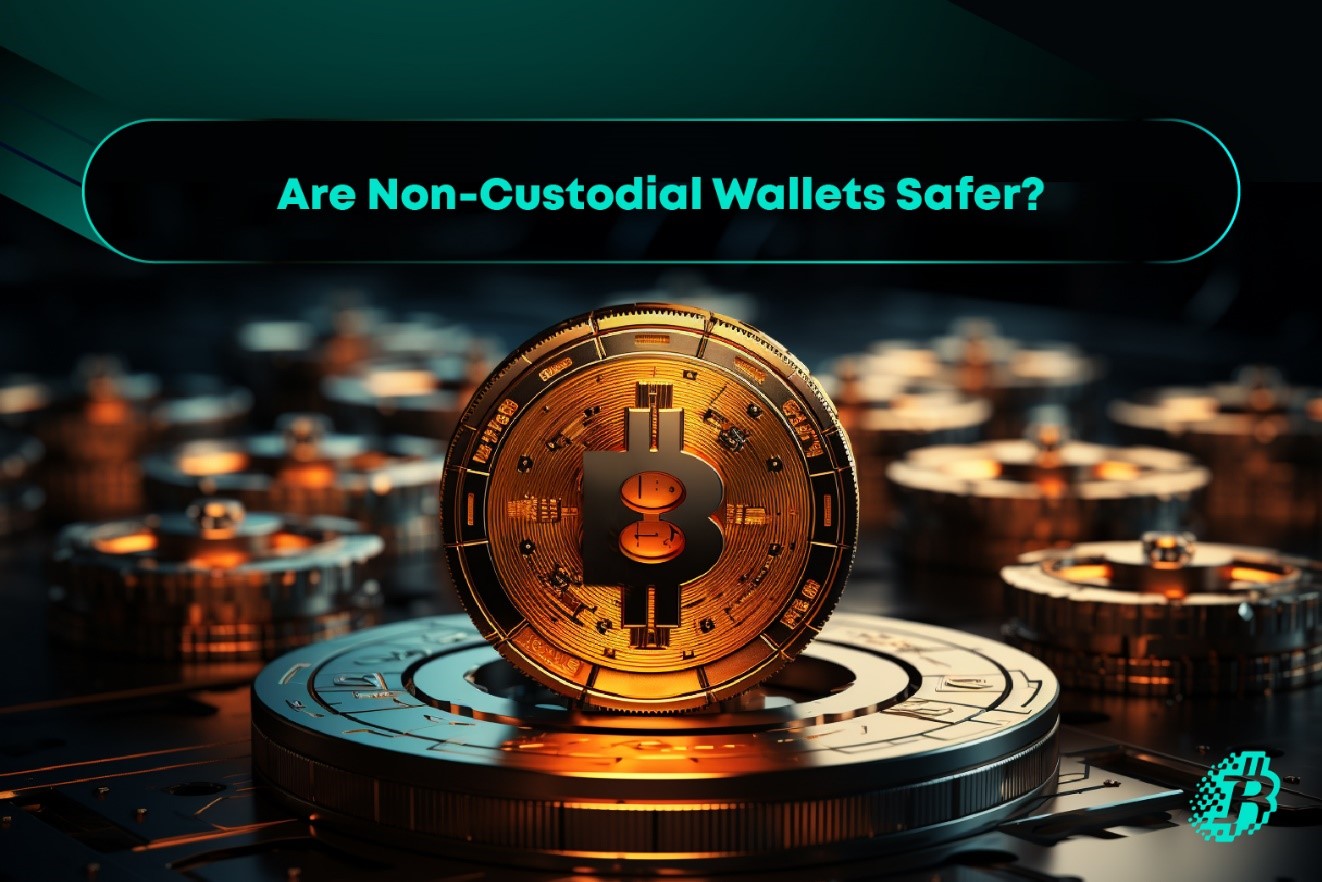Are Non-Custodial Wallets Safer?
Just like you use a physical wallet for storing cash, a cryptocurrency wallet is used to store crypto assets. However, in reality, the actual crypto assets are not stored in the wallet. A crypto wallet stores the private and public keys that allow you to access your assets. So, to sum it up, a crypto wallet provides users with an interface to store, send, and receive digital assets.
And there is no dearth of wallets available in the market today. Most crypto users get introduced to the concepts of hot and cold wallets when they start their crypto journeys. On the other hand, there are custodial and non-custodial wallets.
As we move toward the mass adoption of crypto, we have even more people interested in investing in crypto. But while buying crypto is easy, storing and protecting it is where crypto investors get lost.

Custodial vs Non-Custodial wallet
Before we dive into a comparison between custodial and non-custodial wallets, it is important to note the two components of crypto wallets – private and public keys. Your public key is an address that you share with others while receiving crypto assets. It is similar to a bank account number you share with someone to receive funds. A private key is like the password to your bank account. So, you never share it with anyone, unless you want them to access your funds.
| Custodial Wallet | Non-Custodial Wallet |
|---|---|
| The wallet provider has access to the private key. | Only user has access to the private key. |
| Wallet custodians can control users’ funds. | Only user can control their funds. |
| Easy to reset the password, in case you forget it. | Users can reset their password only if they have access to your seed phrases. |
| Involves KYC, which beats the principle of anonymity. | Does not involve KYC, thereby maintaining complete anonymity. |
| More vulnerable to hacks and fraud. | Can be hacked only if someone gains access to your private keys. |
Types of Non-Custodial wallets
There are different types of noncustodial wallets, like those that are based on smart contracts, mobile wallets for Android and iOS devices, desktop wallets for computers, hardware wallets, and even paper wallets. Hardware wallets, which exist in various forms claim to provide the highest level of security for crypto storage.

Why are Non-Custodial wallets safer?
Though non-custodial wallet providers create the wallets, they do not have access to it. This is because the private key is generated on your device and can be accessed only by you.
The simple fact of ‘Not your keys, not your assets’ is what makes custodial wallets unsafe. There have been multiple instances of reputed exchange-based custodial wallets being hacked, where users have lost access to millions of funds.
Moreover, it is not very easy to hack a crypto wallet. The hacker must have technical skills, in addition to spending time and resources. Since exchanges are online, they become an easy target for hackers. If they hack any exchange, they get access to all the funds on the exchange, which may amount to millions.
In the case of non-custodial wallets, hackers have to target individual wallets, since each wallet has a different set of private keys. However, if they try hacking a single non-custodial wallet, it may not have sufficient funds to have covered the cost of the hacking process. So, it would be fruitless to try to attack a non-custodial wallet.
How to ensure your non-custodial wallet stays safe?
It is important to remember that for non-custodial wallets, you must remain vigilant to ensure your private keys are secure. While it is easy to take a picture of the private keys (seed phrases), or copy them in your notepad, it can still be potentially accessed by others.
In case you store your seed phrases by taking a picture, it is stored in your phone’s gallery. Any apps that can access your gallery, can access this picture. A hacker may piggyback on such an application that looks secure, and gain access to your seed phrases. If you store your seed phrases on the Notes app of your phone, the same case may apply. Storing your seed phrases anywhere on a device that is connected to the Internet is not advisable.
The safest and recommended best practice is to note your seed phrases on a piece of paper, and store it somewhere safe. This way, you never have to worry about someone else swiping off your seed phrases.




